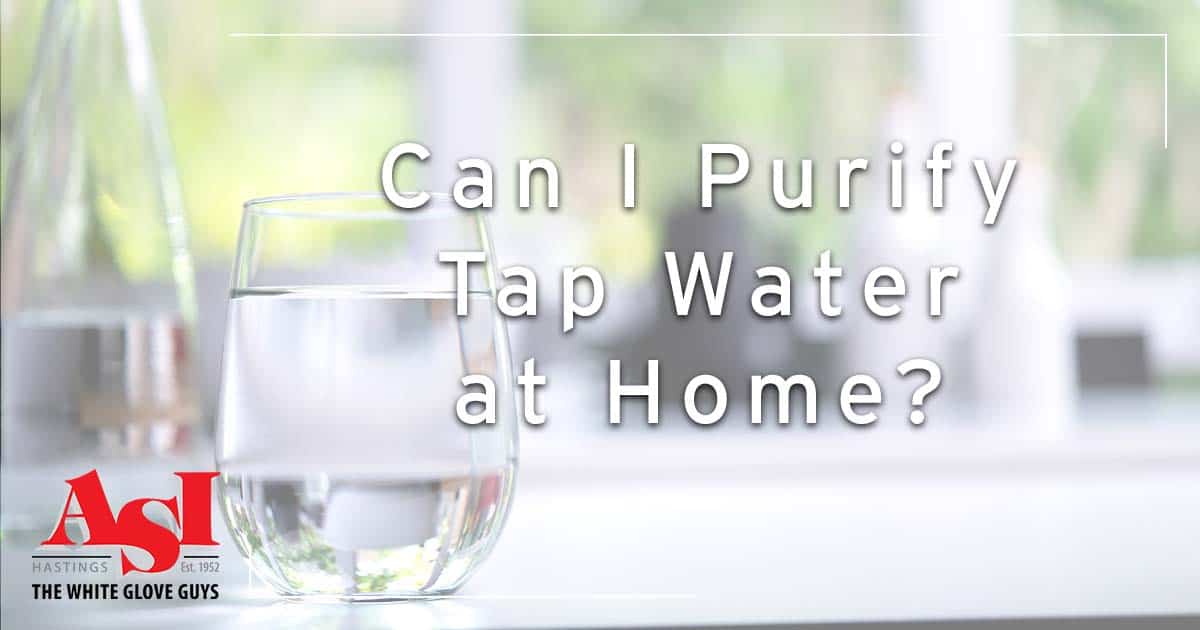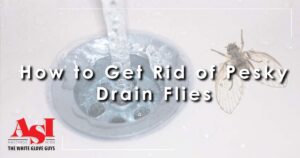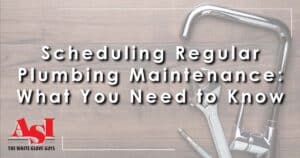One of the best things about living in San Diego is that we can trust our water is clean and healthy. Despite this, our water is very hard. For those asking, “can I purify tap water at home,” the answer is that you can, but that comes with a few caveats.
Hard water is something California is known for. If you’re wondering what makes water hard the answer can be traced back to minerals, mostly calcium and magnesium.
Hard water won’t hurt you in any way, but it can make your water taste and feel less than pleasant. It can also do damage to your pipes and appliances. Not even your coffee maker isn’t safe from hard water.
Here’s the truth about filtering and purifying tap water at home.
A Water Pitcher Filter Won’t Cut It
The biggest reason people want to purify their water is because they want it to taste better, according to the CDC. As we mentioned in the intro, hard water will not hurt your health, but it can taste a little funky. The same can be said for most public water cleaning systems. Depending on where you live, some water can still have a distinct chlorine taste and smell.
The trace amounts of chlorine found in public will not harm you. Despite this, it’s not something everyone wants in their drinking water. Most of our San Diego homeowners opt for a filtration pitcher. Or another receptacle with a built in water filter.
While a pitcher filter is great for glasses of water or refilling your pet’s bowl, what about the rest of the water in your home? You still need to cook and clean with water from the tap.
To filter and purify tap water at home, a Brita jug just isn’t going to cut it. Here are some of our favorite options.
The Pros and Cons of Sink Filters
It’s very important to remember the vast majority of San Diego homeowners do not need to purify their water. They simply want to filter it.
Oftentimes, a sink filter will get the job done just fine. A sink filter has many pros. They’re inexpensive, easy to install, and do wonders for cooking and drinking water.
Also, the filters also need to be replaced every 2-3 months. That’s an extra cost and a few extra maintenance steps.
Reliable Water Filtration Methods
Though the sink filter is a great method, here are a few others we prefer:
Reverse Osmosis
During the reverse osmosis process, water is pushed through a series of filters and then deposited into a holding tank. The holding tank is where clean, filtered water is stored until you turn on a tap.
Pros: Reverse osmosis has several benefits. One of our favorites is that reverse osmosis filters out more contaminates than a water softener. Also, because of the way the osmosis system works, it can purify the water you use for cooking and cleaning. Which leaves everything a bit fresher and cleaner.
Another big pro is that reverse osmosis does not require a lot of maintenance. There are a few parts, and you don’t need to worry about any additives like salt.
In addition to filtering, a reverse osmosis system softens water and takes out the trace minerals that make it “hard.”
Cons: However, just like everything else, there are a few drawbacks. Just like a water softener system, which we’ll explain below, wastewater created by reverse osmosis can have lasting effects on the local ecosystem. There is also a noticeable drop in water pressure after a reverse osmosis system is installed.
Water Softener
Pros: Hard water can do some serious damage to your household appliances. Think dishwasher, water heater, sink, and clothing washer. A water softener helps elongate the lifespan of your appliances and helps keep them clean.
In the same vein of keeping clean, water softeners help stop the white spots left on clean dishes by hard water mineral deposits. Soft water will also help you use less soap, shampoo, and any human or home cleaning products.
Cons: Despite this, just like everything else in life, water softeners come with some cons. The biggest cons are cost and maintenance. In addition to installation costs, you’ll need to buy salt for the water softener and refill the salt once every month.
Along with the salt comes environmental issues as well. When dumped, salt wastewater can pollute freshwater streams and lakes. Also, water softeners do not purify or disinfect water. They only help with the taste and smell of tap water.
To learn more about available water filtration and purification solutions, contact the experts at ASI, the White Glove Guys.








